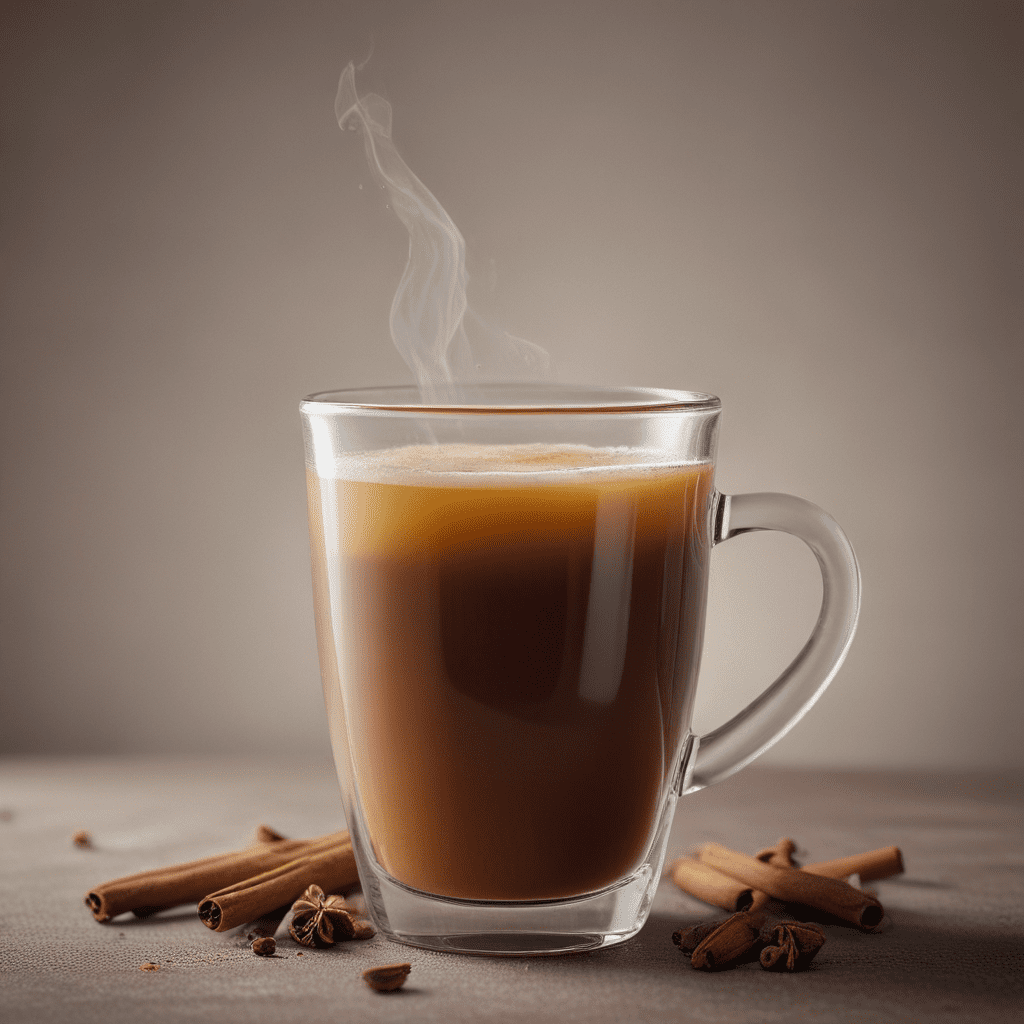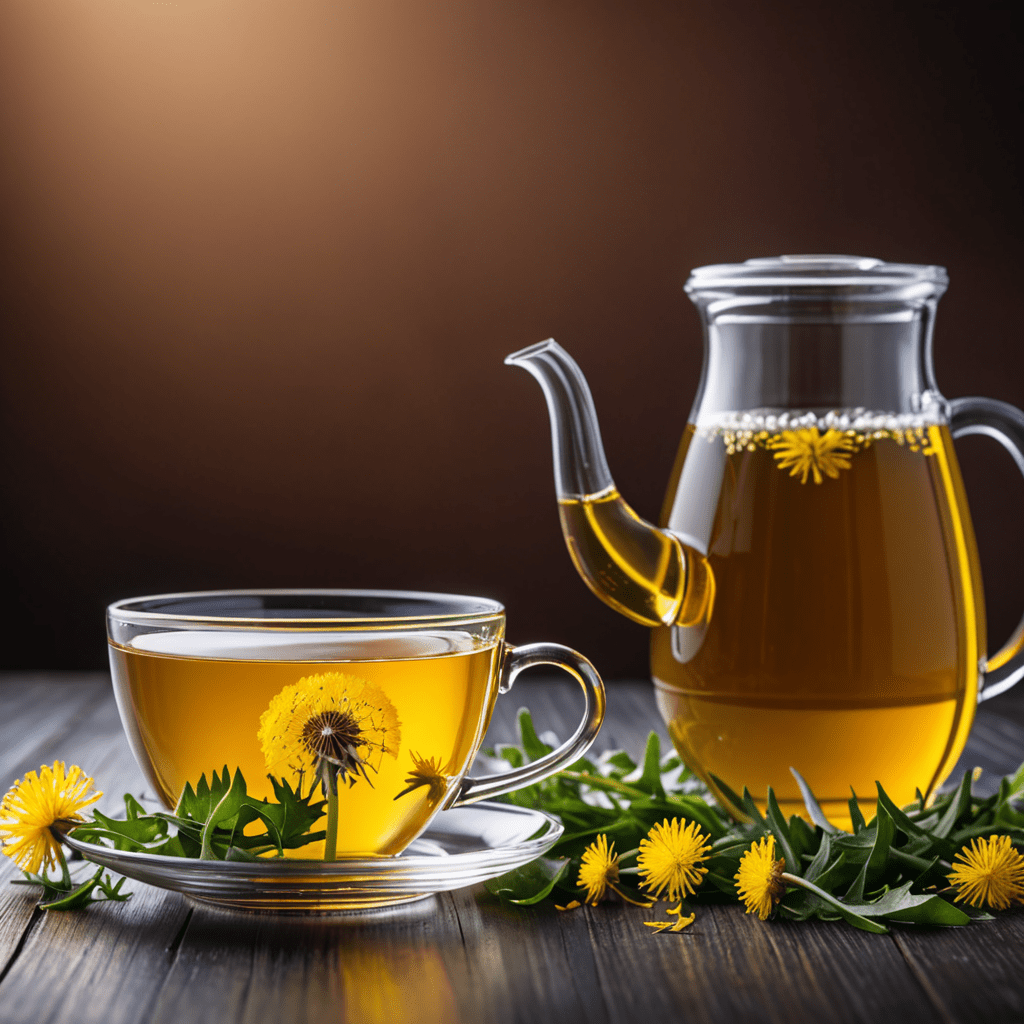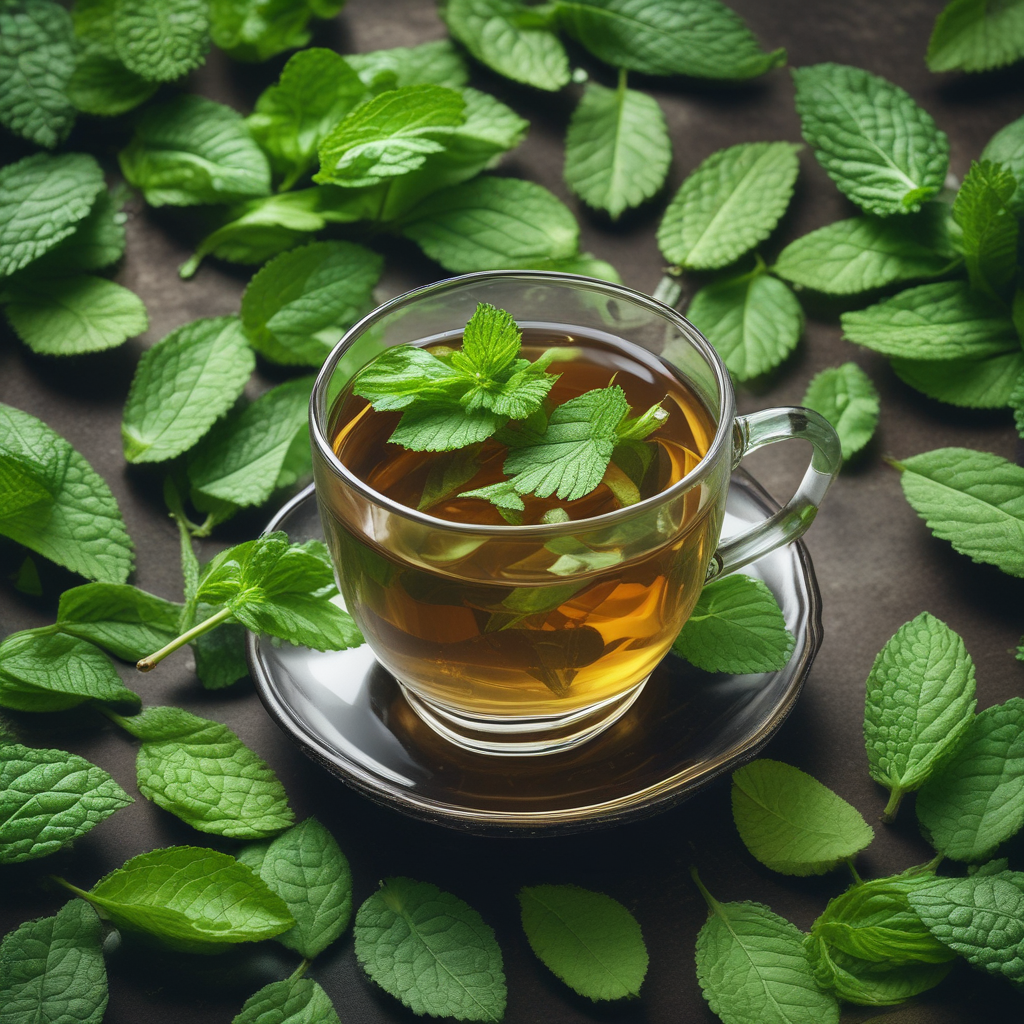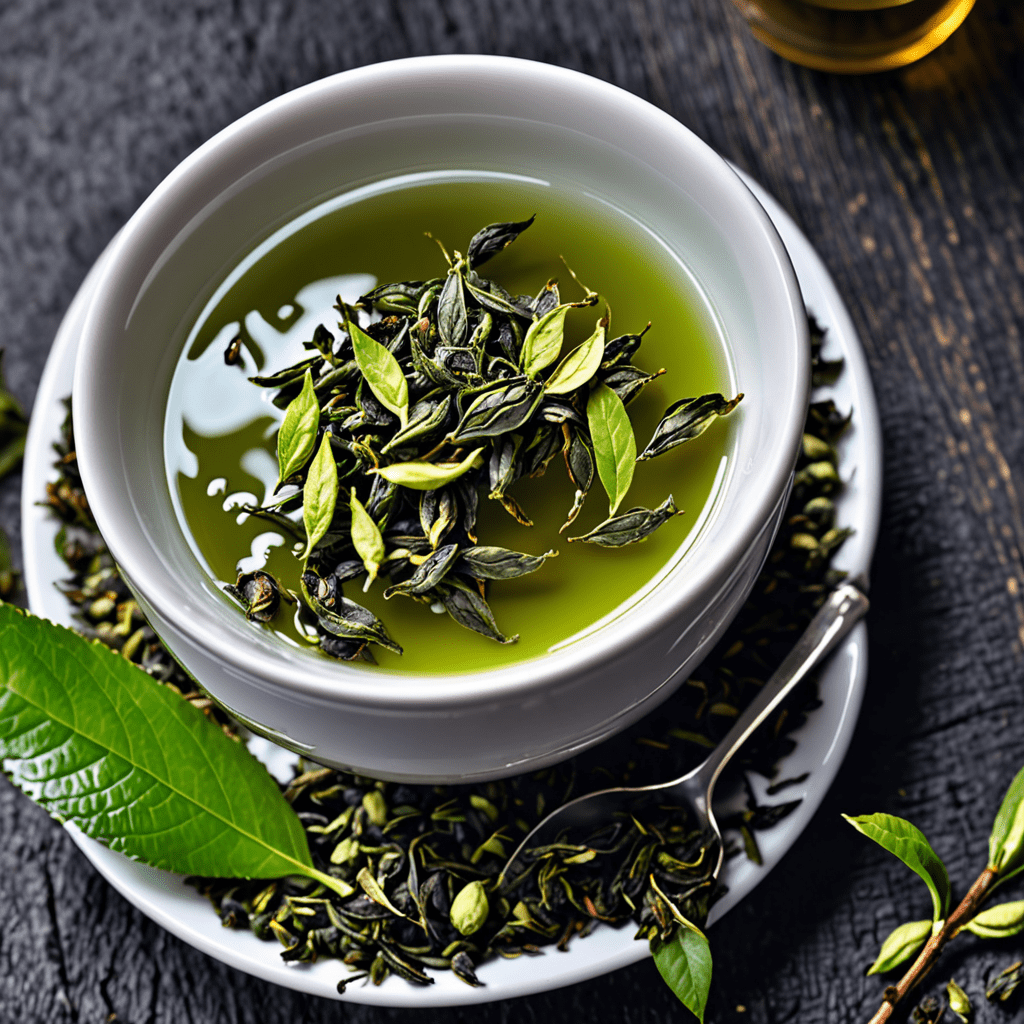Introduction: Embracing the Warmth of Chai
Chai tea, a harmonious blend of spices and black tea, has emerged as the quintessential winter beverage, offering a cozy respite from the chilly outdoors. Its aromatic allure and comforting warmth have captivated hearts and palates across cultures, making it a beloved elixir during the season's embrace.
Origins of Chai: A Journey from the East
Chai's roots trace back to ancient India, where it was traditionally prepared as a healing Ayurvedic beverage. Over centuries, traders and travelers introduced chai to other parts of Asia and the world, where it evolved into a diverse tapestry of regional variations. Today, chai remains an integral part of many cultures, symbolizing warmth, hospitality, and shared moments.
Composition: The Aromatic Symphony of Chai Spices
The distinctive flavor of chai stems from its aromatic symphony of spices. The classic blend often includes cinnamon, cardamom, ginger, black pepper, and cloves, each contributing unique notes to the harmonious whole. These spices not only enhance the taste but also possess medicinal properties, adding to chai's reputation as a holistic beverage.
Brewing Methods: Traditional to Modern Techniques
Brewing chai can be an art form, with various methods ranging from traditional to modern. Traditional techniques involve simmering chai spices in water or milk, adding tea leaves, and straining. Modern methods utilize tea bags or loose-leaf tea infused in hot water, simplifying the process while still delivering a flavorful brew.
Health Benefits: Unveiling the Therapeutic Powers of Chai
Beyond its comforting warmth, chai possesses an array of health benefits attributed to its spice components. Cinnamon aids in blood sugar regulation, cardamom supports digestion, ginger alleviates nausea, black pepper enhances nutrient absorption, and cloves exhibit antibacterial properties. Chai's antioxidant content further contributes to its health-promoting qualities.
Variations: Exploring the Creative Spectrum of Chai
Chai's versatility extends beyond its classic form, with countless variations emerging to cater to diverse tastes and preferences. Some popular variations include:
Masala Chai: The ubiquitous Indian version featuring a robust blend of spices, including cardamom, cinnamon, ginger, and black pepper.
Kashmiri Chai: Originating from the Kashmir region, this variation is distinguished by its pink hue imparted by the addition of baking soda.
Ginger Chai: A spicy rendition that emphasizes the warmth and pungency of ginger, making it an ideal choice for cold weather.
Honey Chai: A sweet and soothing variation where honey replaces sugar as the primary sweetener.
Almond Chai: A creamy and nutty interpretation that incorporates almond milk or ground almonds into the brew.
Pairing Delights: Harmonizing Chai with Food and Drink
Chai's versatility extends beyond its standalone enjoyment, making it a harmonious companion to various culinary delights.
Pastries: Chai complements the sweetness and richness of pastries, such as muffins, scones, and croissants.
Cookies: The warmth of chai pairs perfectly with the crispness of cookies, especially ginger snaps or oatmeal cookies.
Chocolate: The robust flavors of chai harmonize with the sweetness of chocolate, creating a decadent combination.
- Savory Dishes: Chai can surprisingly complement savory dishes, such as curries and soups, adding a touch of warmth and spice.
Cultural Significance: The Soul of Chai
Chai transcends its role as a beverage, deeply embedded in the cultural fabric of many societies.
India: Chai is an integral part of Indian culture, representing hospitality, community, and shared moments.
Middle East: In countries like Iran and Turkey, chai is a ubiquitous beverage, often served in elaborate tea ceremonies.
West Africa: Chai is a popular street drink in West African countries like Senegal and Mali, where it is known as "attaya."
- Global Appeal: Chai's worldwide popularity has led to its adoption and interpretation in various cultures, becoming a symbol of warmth and comfort.
Chai Rituals: Celebrating the Ceremonial Aspect
In many cultures, chai is more than just a drink; it is a ritual that fosters connection and community.
Tea Rituals: Chai is often served in communal settings, where people gather to share stories, laughter, and the warmth of the beverage.
Spices and Symbolism: The spices used in chai hold symbolic meanings, representing elements like fire (cloves), earth (ginger), and water (cardamom).
Preparation Methods: The process of preparing chai can be a meditative experience, with each step imbued with cultural significance.
- Social Bonds: Sharing chai creates a sense of community, fostering bonds and strengthening relationships.
Conclusion: Chai as a Beloved Winter Elixir
As the winter season envelopes us, chai emerges as a comforting and cherished beverage. Its aromatic symphony of spices, therapeutic benefits, and cultural significance make it the ultimate winter elixir. Whether enjoyed alone or shared with loved ones, chai offers a cozy haven from the cold, reminding us of the warmth and resilience that lie within us.
FAQ
Q: What is the difference between chai and tea?
A: Chai is a type of tea that incorporates a blend of spices in addition to tea leaves.
Q: How much caffeine is in chai?
A: The caffeine content in chai varies depending on the type of tea used and the preparation method. Generally, it contains less caffeine than coffee but more than black tea.
Q: Can chai be made without caffeine?
A: Yes, decaffeinated chai can be made using decaffeinated black tea or herbal tea blends.
Q: What are the health benefits of chai?
A: Chai contains spices that possess antioxidant, anti-inflammatory, and digestive properties. It may also aid in blood sugar regulation and nausea relief.
Q: How can I make chai at home?
A: You can make chai by simmering chai spices in water or milk, adding tea leaves, and straining. Alternatively, you can use tea bags or loose-leaf tea infused in hot water.



